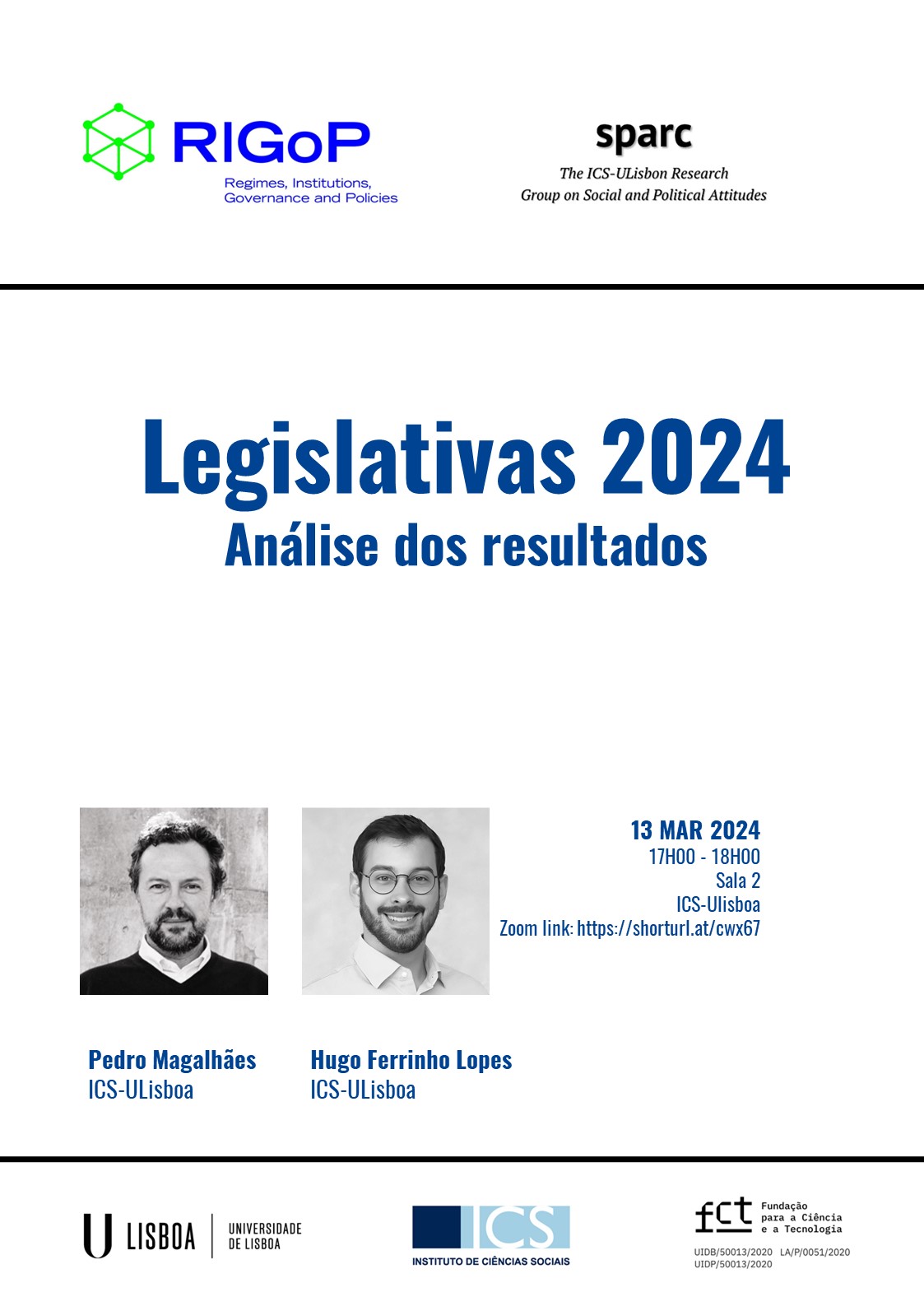Pedro Vicente (Nova SBE): “Reaching to the People: Conflict Prevention in Resource-rich Mozambique”. Here follows the abstract:
“In this seminar we will discuss conflict prevention in Cabo Delgado, Mozambique, guided by a sequence of experimental and quasi-experimental studies. In the first study (Armand, Coutts, Vicente, and Vilela, 2020) we analyze the impact of an information campaign on the management of natural resources and find that the campaign reduced conflict around treated villages in the first year of the insurgency, possibly through mobilization of communities. In the second study (Vicente and Vilela, 2022) we assess the impact of religious sensitization against violence in mosques and find that it reduced antisocial behavior as measured in a lab-in-the-field game. Finally, we report on a third study (Armand, Vicente, and Vilela, 2024) that follows a radio campaign based on religious sensitization against violence and find that it reduced violence but increased fear in the population. Reaching to the people with information and involving local organizations, namely those representing the Muslim community, could be an effective conflict-prevention strategy in Cabo Delgado.”
